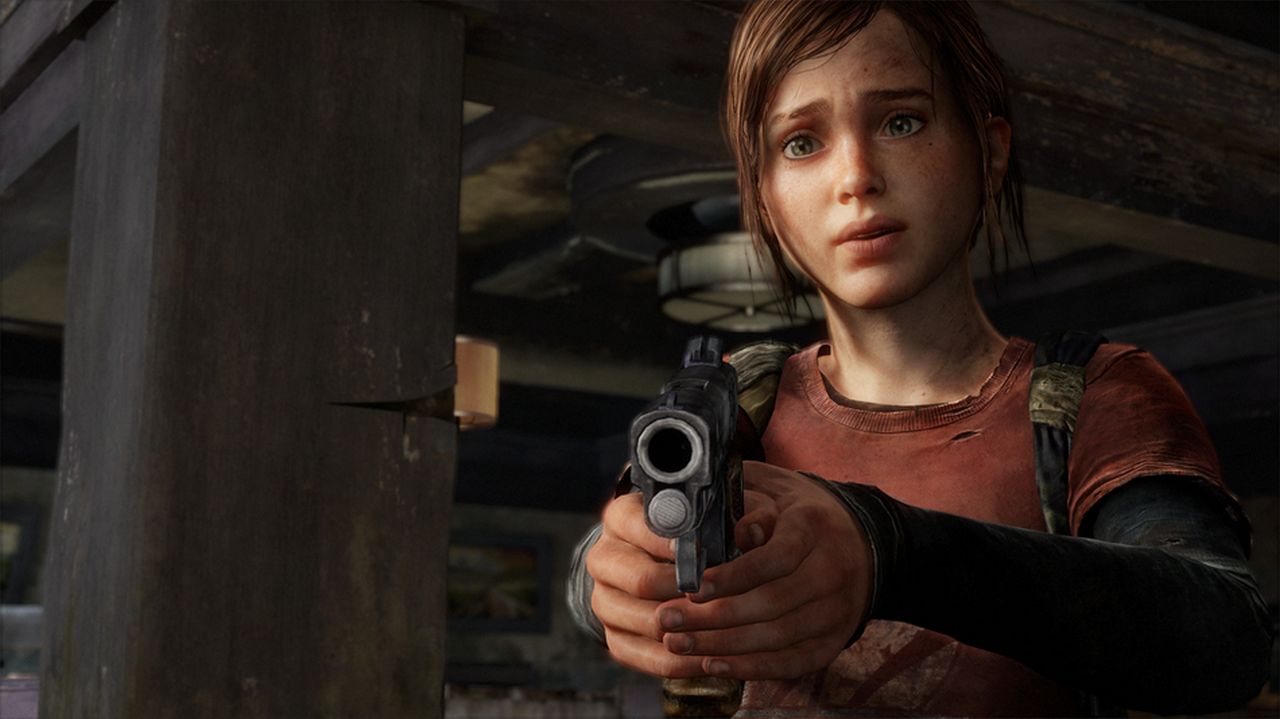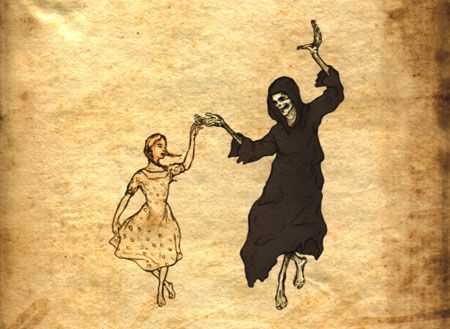“We’ve seen the
strong or we’ve seen the weak woman.
We haven’t
necessarily seen the empowered woman.”
-
Troy Baker on women in video games in:
Grounded:
The Making of The Last of Us
Spoiler Alert!
Naughty Dog is one of the first video game companies that
really caught my attention. When my boyfriend made me watch and play the Uncharted series, I was hooked. It was
the true beginning of my transformation into a gamer. Needless to say, we’ve
been excited about The Last of Us for
a while. We even went to the midnight release where we met Neil Druckmann (the
Writer and Creative Director), Ashley Johnson (voice of Ellie), Troy Baker
(voice of Joel), and other game designers/developers. Most of my photos are
terrible because I was shaking with pure excitement.
 |
| Ashley, me, and Troy. We are best friends. |
Before we had a chance to play the game, I
read a review from the New York Times (Stupid Article by a Stupid Hipster )
. Well, I skimmed the review, fearing spoilers. I was spoiled anyway, or so I
thought. The review had me convinced that Joel dies. The reviewer also stated
that Ellie isn’t as big of a feminist achievement as female gamers had hoped.
But after completing the game, I found the review to be incorrect.
The article claimed that Ellie was “subordinate”
to Joel. After playing the game, I see what the reviewer was saying; Ellie is definitely
not the one in charge. But neither is Joel, at least, in the beginning. When
Ellie is introduced, Tess is the one in charge. Throughout the game, the women
take the lead. Tess and Joel are mostly equal but Tess generally seems to be
the one calling the shots, Marlene is the leader of the Fireflies, and Maria seems
to be the head of the Dam where we meet Joel’s brother. Am I proving Ellie isn’t
subordinate though? Not really. What I’m trying to say is that there is hierarchy.
But I don’t believe it has anything to do with gender. It has to do with age,
experience, and the ability to make tough decisions. Generally in this game,
that is the women. Ellie isn’t in charge not because of her gender, but because
of her age and inexperience.
My thoughts on this come from when we meet
Henry and Sam. Ellie and Sam are the same age. They are both “subordinate” to
the men they travel with. The difference? Sam is a male. But the dynamic
between Ellie and Joel and Sam and Henry is the same. They aren’t necessarily
being dominated, they are being protected. Does this prove Ellie is a feminist
character though? Maybe.
What truly proves she is feminist is when
Joel is injured and we get to play as Ellie. In this level, Ellie is captured
by a creepy man. My thoughts were “Please, no damsels in distress. Please!” And
there wasn’t. Joel realizes Ellie has been gone for too long and musters the strength
to find her, but its Ellie that rescues herself. She doesn’t wait to be
rescued. There’s no Joel in sight until she’s already defeated her captor.
My only issues with the game on the
feminist level are that Ellie is seeking Joel’s approval, asking things like, “How’d
I do?” And then in the end, neither Marlene nor Joel gives Ellie a choice about
her fate. They both make the decision for her. By then, I believe she’s proven herself worthy
of making her own choices. They know it too; Marlene asks Joel, “How’d you do
it?” In reference to their making it across the country; his response is, “It
was her. She fought like hell to get here.” Joel shows that Ellie is capable of
anything in the post-apocalyptic world she’s grown up in.
Overall, I find Ellie to be a feminist hero
who is not “subordinate” or anything else demeaning for that matter. Ellie
fights for her life, and for her strength, with or without men to guide her. This game deserves a 5 out of 5.
Things to note: Nathan Drake is David. That’s
right. Nolan North is the voice of the creep who captures Ellie. Think about
that. Just think about it.

